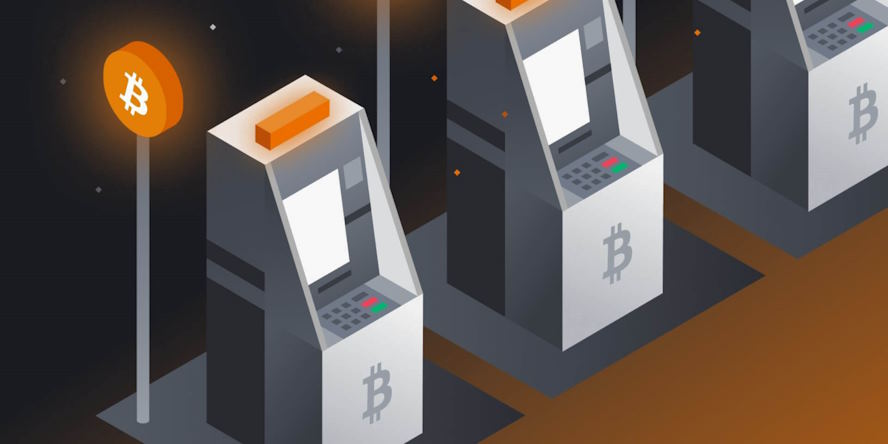Blockchain technology has emerged as a revolutionary force in finance, supply chain, healthcare, and beyond. However, like any groundbreaking innovation, the blockchain world has not been immune to incidents and challenges. These incidents have ranged from security breaches to regulatory hurdles, testing the resilience of blockchain networks and users’ confidence.
Security Breaches
Blockchain is often touted for its security features but is not entirely immune to breaches. One of the most infamous incidents occurred with the hacking of the decentralized autonomous organization (DAO) in 2016. The attackers exploited a vulnerability in the smart contract code, siphoning off approximately one-third of the DAO’s funds, leading to a contentious hard fork to recover the stolen assets.
Lesson Learned
This incident emphasized the importance of robust smart contract development and the need for thorough code audits to identify and rectify vulnerabilities before deployment.
Regulatory Challenges
Blockchain’s decentralized nature often clashes with traditional regulatory frameworks. Incidents involving legal challenges and regulatory scrutiny have affected various blockchain projects, particularly those involving initial coin offerings (ICOs). Regulatory uncertainty has led to project delays, closures, and even legal action against blockchain companies.

Lesson Learned
Blockchain projects must navigate the evolving regulatory landscape, collaborate with regulators, and establish compliance frameworks to ensure long-term viability and acceptance.
Smart Contract Exploits
Smart contracts, while powerful, are not immune to bugs and vulnerabilities. Exploits in smart contracts have led to significant losses, such as the case of the Parity wallet in 2017, where a user accidentally triggered a vulnerability, freezing over $150 million worth of Ethereum.
Lesson Learned
Developers must conduct thorough testing and formal verification of smart contracts to identify and rectify potential vulnerabilities, minimizing the risk of unintended consequences.
Scaling Challenges
As blockchain technology gains widespread adoption, scalability has become a significant challenge. Networks like Bitcoin and Ethereum have faced congestion and slow transaction times during periods of high demand.
Lesson Learned
Scalability solutions, such as layer 2 scaling and consensus algorithm improvements, are crucial for addressing the growing demands on blockchain networks. Ongoing research and development are necessary to ensure blockchain can support mass adoption without sacrificing performance.


